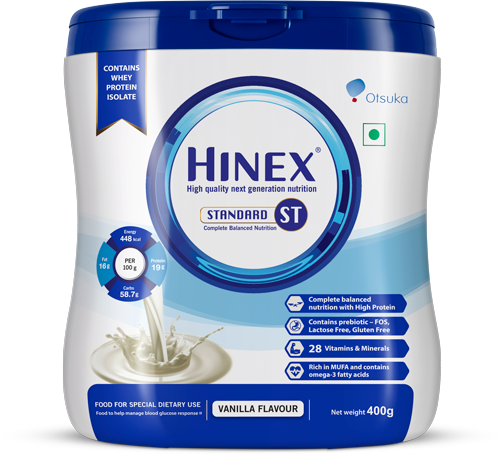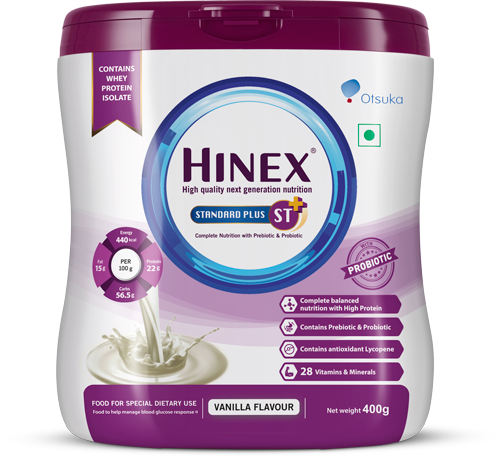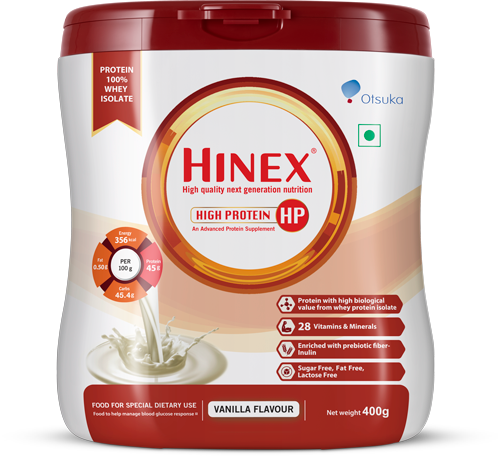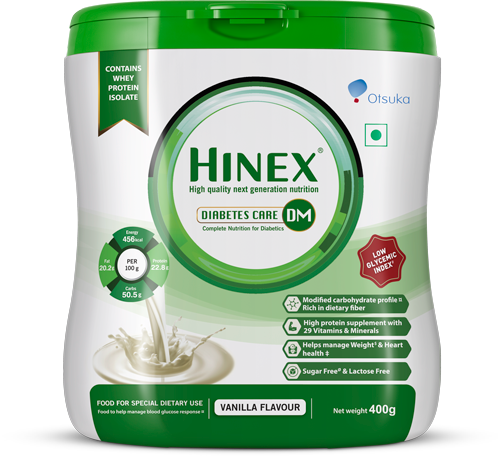Vitamin Supplements: Your Comprehensive Guide to Health and Wellness

Vitamins play a crucial role in maintaining our overall health, supporting functions like energy production, immunity, and cell repair. While a balanced diet is the best way to obtain these essential nutrients, vitamin supplements can fill nutritional gaps when dietary intake falls short. But how do you choose the right supplement, and what benefits can you expect? In this blog, we’ll explore everything you need to know about vitamin supplements, their benefits, and the best practices for their use.
What Are Vitamin Supplements?
Vitamin supplements are products designed to provide the body with essential vitamins it may not get in sufficient amounts from food. They are available in various forms, such as capsules, tablets, gummies, and liquids.
Types of Vitamin Supplements:
-
Water-Soluble Vitamins
Water-soluble vitamins include vitamin C and all the B vitamins (such as B1, B2, B6, B12, niacin, folate, and biotin). These vitamins dissolve in water and are not stored in the body for long periods. Instead, they are excreted through urine, which is why they need to be consumed regularly through food or supplements. These vitamins play crucial roles in energy production, maintaining healthy skin, and supporting the nervous system.1
-
Fat-Soluble Vitamins
Fat-soluble vitamins include vitamins A, D, E, and K. These vitamins are stored in the body’s fatty tissues and liver, meaning they can remain in the body for longer durations. They are absorbed along with dietary fat and are essential for various functions, such as maintaining healthy vision (vitamin A), supporting bone health (vitamin D), protecting cells from oxidative damage (vitamin E), and aiding in blood clotting (vitamin K).2
Benefits of Vitamin Supplements
-
Filling Nutritional Gaps
Despite our best efforts, many people don’t meet the recommended dietary intake of essential vitamins. Supplements help bridge these gaps, ensuring the body gets what it needs to function optimally.3
-
Boosting Immune Health
Vitamins like C, D, and E are known for their immune-boosting properties, helping the body combat infections and illnesses.4
-
Enhancing Bone Health
Vitamin D, often paired with calcium supplements, plays a vital role in maintaining strong bones and preventing osteoporosis.5
-
Supporting Energy Levels
B vitamins, especially B12, are critical for energy production and reducing fatigue.6
Who Should Consider Vitamin Supplements?
-
People with Dietary Restrictions
Vegans, vegetarians, and those with food allergies may require supplements to compensate for nutrients missing in their diets, such as B12 or iron.
-
Pregnant and Lactating Women
Prenatal vitamins with folic acid, iron, and calcium are recommended to support the health of both mother and baby.
-
Elderly Individuals
Elderly peoplemay struggle to absorb certain nutrients like vitamin B12 and vitamin D, making supplements essential.
-
Individuals with Chronic Illnesses
Conditions like celiac disease or Crohn’s disease can hinder nutrient absorption, requiring supplementation.7
Common Myths About Vitamin Supplements
-
“More is Better”
Taking excessive amounts of vitamins can lead to toxicity, especially for fat-soluble vitamins like A, D, and E. Always follow recommended dosages.
-
“Supplements Can Replace Food”
Supplements are not a substitute for a healthy diet. Whole foods provide a complex mix of nutrients, fiber, and antioxidants that pills cannot replicate.
-
“All Supplements Are Safe”
Not all supplements are created equal. Always choose reputable brands and consult a healthcare provider before starting any new supplement.8
How to Choose the Right Vitamin Supplement
-
Check for Certification:
Look for products certified by third-party organizations like USP, NSF, or ConsumerLab.
-
Read the Label:
Ensure the supplement contains the specific vitamins you need and does not exceed daily recommended values.
-
Consult a Healthcare Provider:
A doctor or nutritionist can recommend supplements based on your unique health needs and lifestyle.9
Conclusion
Vitamin supplements can play a valuable role in supporting overall health and wellness, especially when dietary intake falls short. However, they should be used wisely and in consultation with healthcare professionals. Remember, the goal is to supplement—not replace—a healthy diet rich in fruits, vegetables, whole grains, and lean proteins.
Ready to optimize your health? Explore Hinex’s premium range of balanced nutrition containing required vitamins and minerals. It is designed to meet your nutritional needs and support your journey to wellness.
References
- Water-Soluble Vitamins – Cleveland Clinic. Available at: https://health.clevelandclinic.org/water-soluble-vitamins, accessed on: March 19, 2025
- Fat-Soluble Vitamins – Cleveland Clinic. Available at: https://health.clevelandclinic.org/fat-soluble-vitamins, accessed on: March 19, 2025
- Do You Need Vitamin Supplements? – Mayo Clinic. Available at: https://www.mayoclinic.org/, accessed on: March 19, 2025
- Immune Support Through Vitamins – NIH. Available at: https://ods.od.nih.gov/, accessed on: March 19, 2025
- Vitamin D and Bone Health – National Osteoporosis Foundation. Available at: https://www.nof.org/, accessed on: March 19, 2025
- Vitamin B12 Benefits – WebMD. Available at: https://www.webmd.com/, accessed on: March 19, 2025
- Who Should Take Vitamins? – Johns Hopkins Medicine. Available at: https://www.hopkinsmedicine.org/, accessed on: March 19, 2025
- Myths About Vitamins – FDA. Available at: https://www.fda.gov/, accessed on: March 19, 2025
- Tips for Choosing Supplements – NIH. Available at: https://ods.od.nih.gov/, accessed on: March 19, 2025

 Buy Now
Buy Now Buy Now
Buy Now



